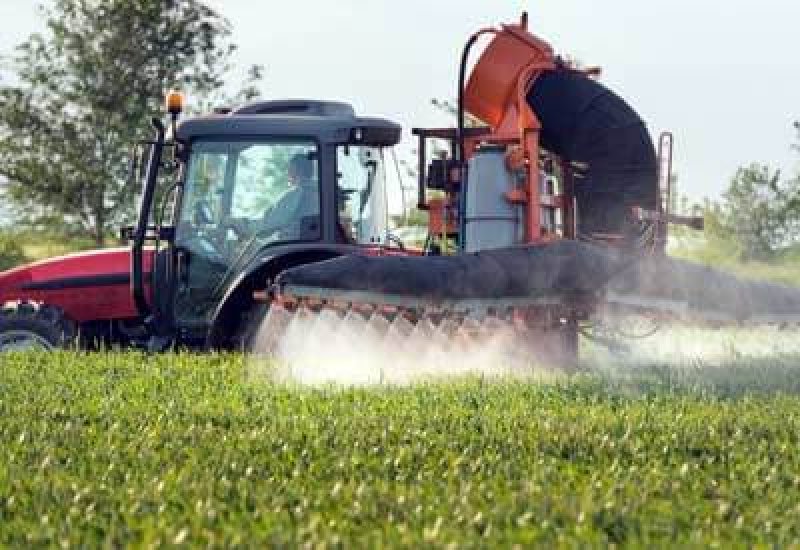Move over, Roundup Ready crops. After gaining USDA approval last week, new generation of genetically modified corn and soybeans is about to make its premiere. Meet “Enlist,” manufactured by Dow Chemical, a line of crops with the ability to withstand the herbicide 2,4-D. Farmers who use the “Enlist Weed Control System” can kill weeds without harming their crop…for now.
The old GM crops, manufactured by Monsanto, aren’t working so well any more, as overuse of glyphosate, the herbicide they’re designed to withstand, has allowed weeds to develop resistance of their own. The new ones, Wired reports, are poised to take their place. On the one hand, this makes a lot of sense: if the old stuff isn’t working, that means it must be time for something new. On the other, that’s kind of insane logic, because that new stuff is coming in to solve a problem that was created by the old stuff.
The only way out of this cycle, critics say, is to break it — that is to say, to transform agriculture as it’s currently practiced. It means moving away from monocultures and putting a heavy focus, instead, on crop rotation and the use of cover crops. Aside from preventing resistance, all that carries the additional benefits of improving soil quality and preventing erosion. And bees — it’d be good for them, too. A number of such practices come together under the umbrella of what’s known as integrated weed management. Farmers will need scientists’ help in fine-tuning all that, experts told Wired. But if implemented properly, according to a policy brief from the Union of Concerned Scientists, “herbicide use could be reduced by more than 90 percent — while maintaining or increasing yields and net farmer profits.”
Read full original article: Meet the new GM crops set to make America’s “superweed” problem even worse































